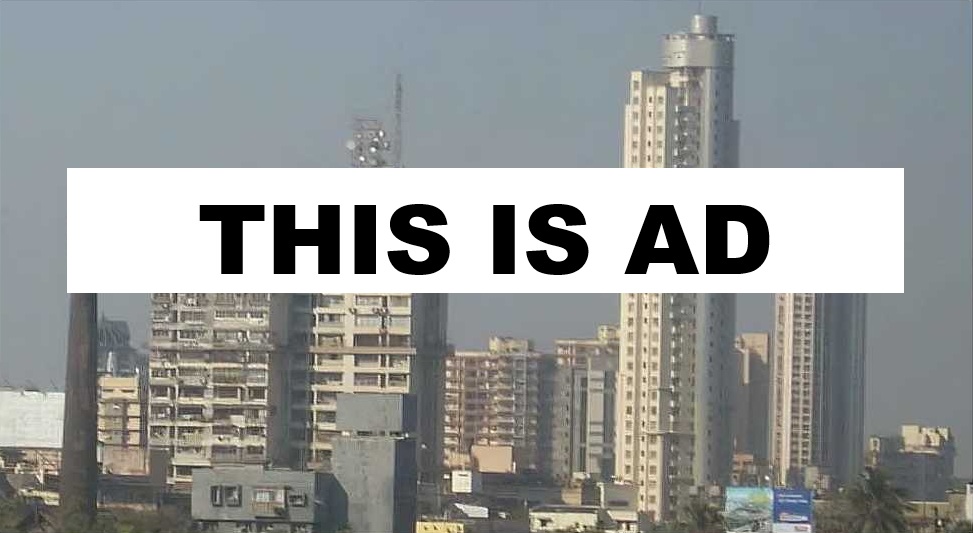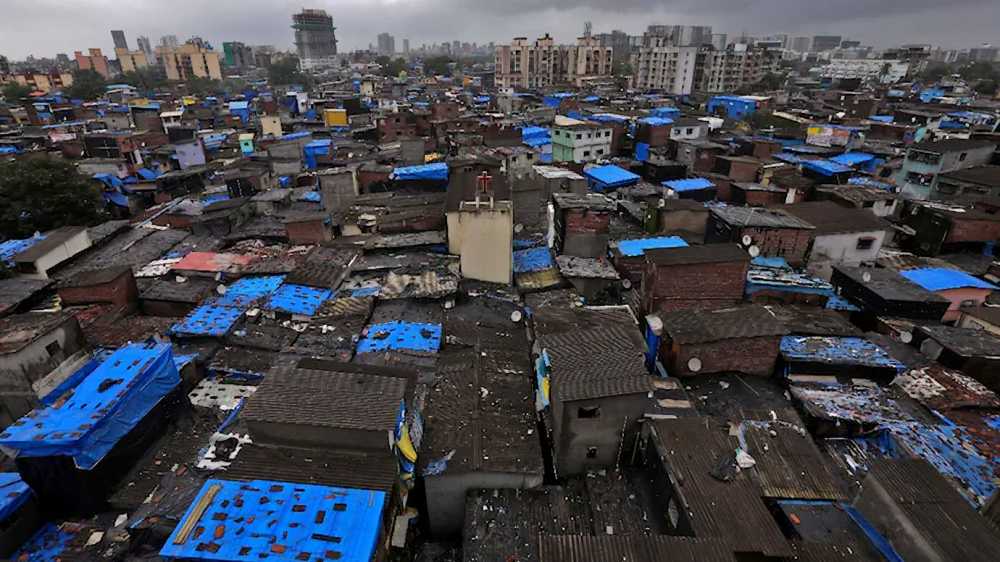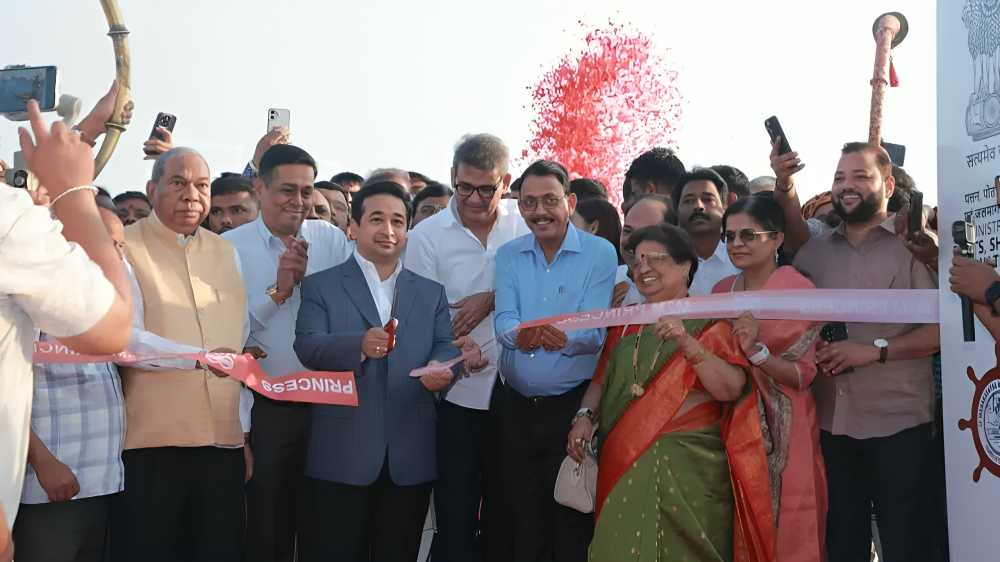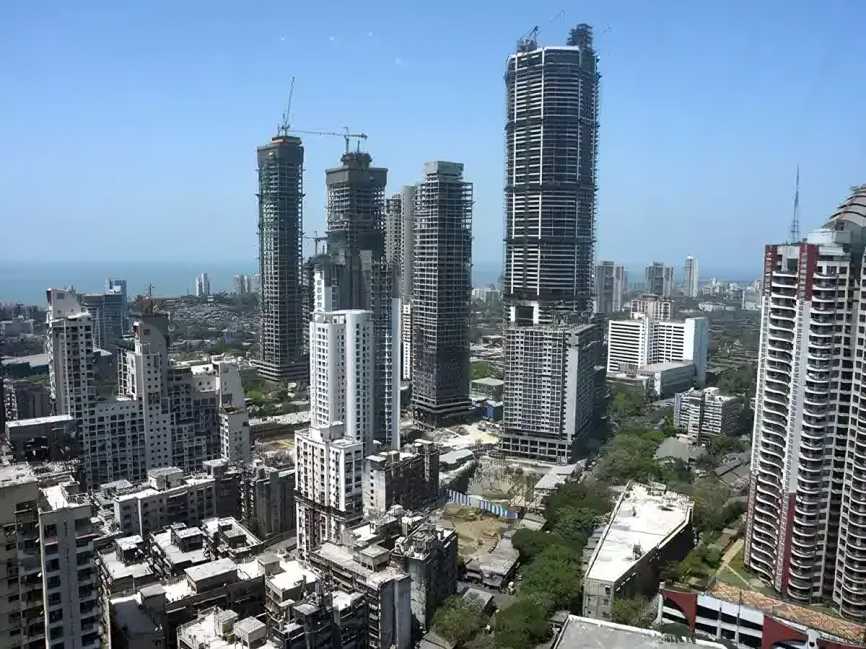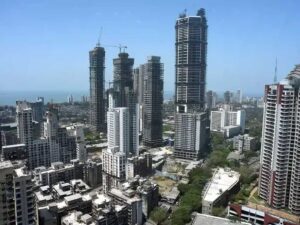August 25, 2025: The Supreme Court has ruled that landowners enjoy a preferential right to redevelop their property under the Maharashtra Slum Areas (Improvement, Clearance and Redevelopment) Act, 1971, before the State or the Slum Rehabilitation Authority (SRA) can intervene.
The judgment came in a dispute concerning a parcel of land in Kurla, Mumbai, owned by Indian Cork Mills Private Limited (ICM). The site, encroached upon by hutment dwellers, was declared a slum area in 2011 and subsequently earmarked for rehabilitation by the Tarabai Nagar Housing Society. When the State sought to acquire the land in 2016, ICM challenged the decision.
A Bench of Justices Surya Kant and N Kotiswar Singh held that Chapter I-A of the Act explicitly provides landowners with a preferential right to redevelop slum-affected land. The SRA, the Court said, is duty-bound to issue a notice inviting the landowner’s proposal for a slum rehabilitation (SR) scheme. The owner must then respond within a “reasonable period” to retain that right.
Importantly, the Bench ruled that the State cannot proceed with acquisition under Section 14 of the Act until the landowner’s right has been extinguished. “Any process to acquire the land shall have to be kept in abeyance till such time as the owner’s preferential right stands extinguished,” the judges observed.
The Court was also critical of the statutory framework, remarking that the legislation was “poorly structured” and created unnecessary overlap between different mechanisms of redevelopment. While it refrained from a deeper analysis, noting that the case related to events prior to a 2018 amendment, it nonetheless questioned why lawmakers had not provided a more coherent code under Chapter I-A.
ICM had owned the land since 1970. After portions of it were declared a slum, dwellers formed the Tarabai Nagar Housing Society and sought acquisition for rehabilitation. Following recommendations from the Additional Collector and the SRA, the government issued a notification for acquisition in 2016.
ICM, however, argued that it had expressed willingness to redevelop the site but was never given an opportunity to submit a formal scheme. The Bombay High Court agreed, quashing the acquisition and directing the SRA to consider ICM’s proposal. The Society, the State and the SRA then appealed to the Supreme Court.
The Bench clarified that the SRA may only step in when the owner or occupants fail to present a viable redevelopment plan. Occupiers cannot override a landowner who is willing to undertake redevelopment within a reasonable timeframe. Otherwise, the Court warned, there would be a risk of arbitrary decisions favouring third-party developers and “anti-social elements”.
On the question of notice, the Court held that a formal invitation to the landowner is mandatory. Mere publication of a gazette notification, it said, cannot substitute for notifying the party whose property rights are directly at stake.
Finding that ICM had not been issued such notice, and was willing to bring forward a scheme, the Court concluded that the State and SRA had acted beyond their powers.
The appeals were dismissed, and ICM has been granted 120 days to submit its redevelopment plan. The ruling strengthens property owners’ position in slum rehabilitation cases, placing their rights above those of occupiers, the SRA and even the State, unless they fail to act within a reasonable time.
Source: Livelaw







